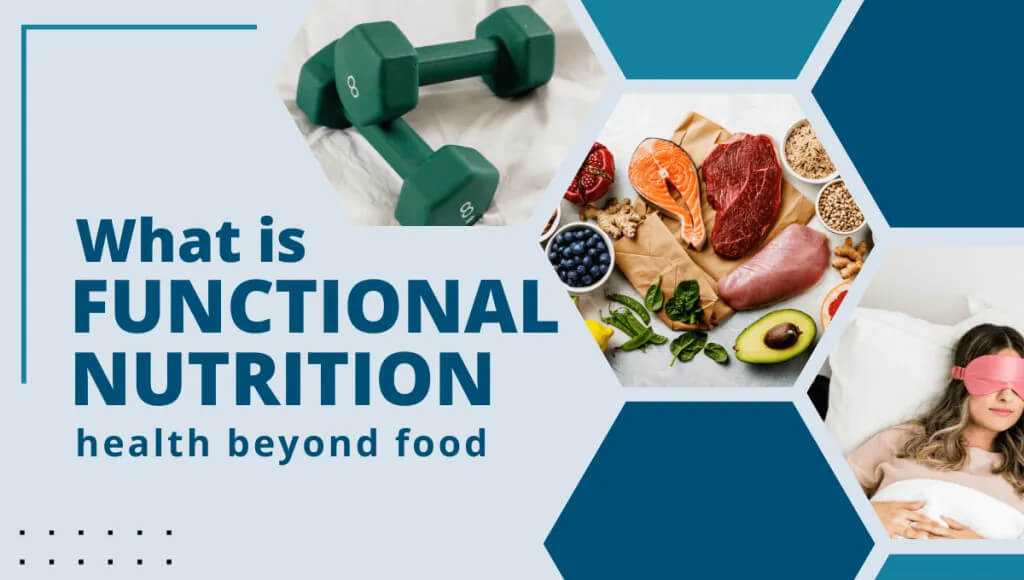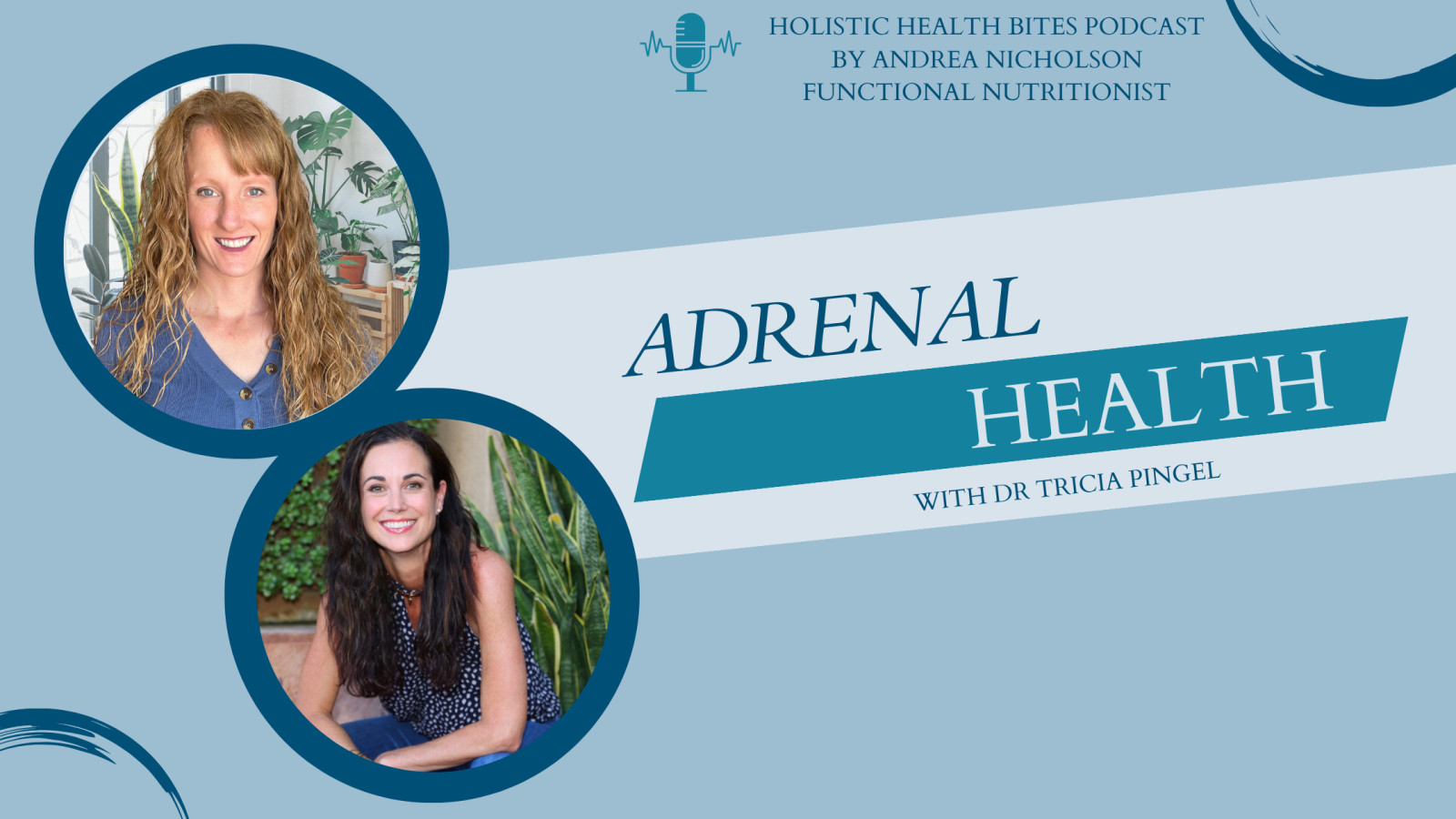
HEALTH BEYOND FOOD
WHAT IS FUNCTIONAL NUTRITION?
When we think about eating, most of us focus on calories and macronutrients (carbohydrates, proteins, and fats). you’ve likely been given advice to eat a certain number of calories or to get the right balance of these macronutrients. This is what we call “traditional nutrition.” Many nutritionists, dietitians, and personal trainers focus entirely on these same metrics.
But there’s another way of looking at food and overall health, and it’s called “functional nutrition.” Functional nutrition doesn’t focus on counting calories and macronutrients. Rather, it looks at your body as a whole and asks, “why are you feeling the way you do?”
Functional nutrition believes that there is something deeper going on in your body that’s causing health issues like diabetes, high blood pressure, fatigue, or digestive troubles. Once we know what the underlying reason is, we can work to address it.
Let’s break down what functional nutrition is all about:
1. Looking beyond the plate: traditional nutrition mainly focuses on what’s on your plate. but functional nutrition looks at your whole life. it considers not only what you eat but also how you live, your environment, and your habits. chronic issues can persist even when an ideal nutrition plan is followed if there are other obstacles like toxins, hidden stressors, underlying infections, or unhealthy routines in play.
2. Finding the root cause: in functional nutrition, we don’t just treat the symptoms of a health problem. we search for the underlying cause. For example, if someone has bloating after eating, we don’t just give them medicine to feel better temporarily. We try to figure out why their bloating is occurring in the first place. Is it a food sensitivity, a microbial imbalance, an underlying infection, poor eating habits, or eating too often?
3. A holistic approach: functional nutrition takes a holistic approach, which means it looks at everything. it considers your gut health, your metabolic health, and how well your body functions in all aspects. It also looks at lifestyle factors like exercise, sleep, and stress. adequate nutrition is foundational, but not the only aspect that affects health.
4. Customized solutions: there’s no one-size-fits-all approach in functional nutrition. It's about finding what’s right for you. This means that your overall plan might look different from someone else’s because we’re all unique. We take into account your current health, preferences, and goals when creating your overall plan.
5. Long-term health: instead of just offering quick fixes, functional nutrition aims for long-term health. it’s not just about making you feel better for a little while or masking your symptoms with a quick-fix medication. It's about helping you build a sustainable, healthy lifestyle. after you’ve worked to achieve those desired results, you want to keep them, right?
In a nutshell, traditional nutrition is like looking at the surface of a pond, while functional nutrition dives deep into the water to see what’s happening beneath and why. It's about understanding why you feel the way you do and making changes to improve your health from the inside out.
So, if you’re struggling with health issues and want a more personalized, long-lasting solution, functional nutrition is the way to go. It's all about working together to uncover and address the hidden imbalances that are holding you back from ideal health.
Remember, you are unique, and your health journey should be too!





















0 Comments